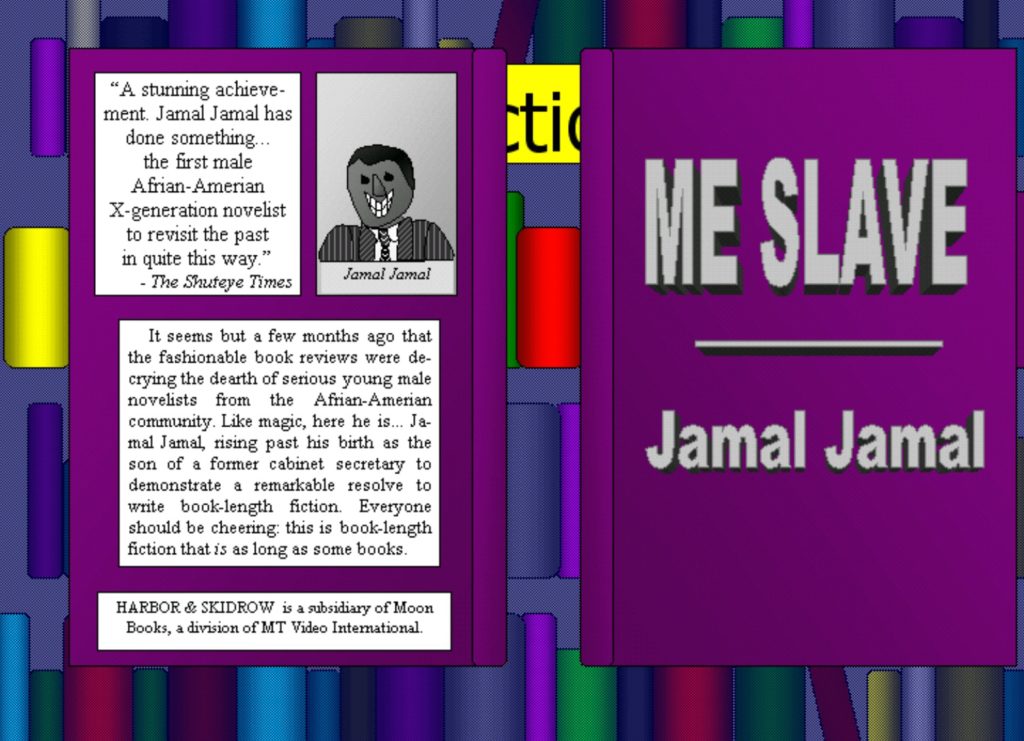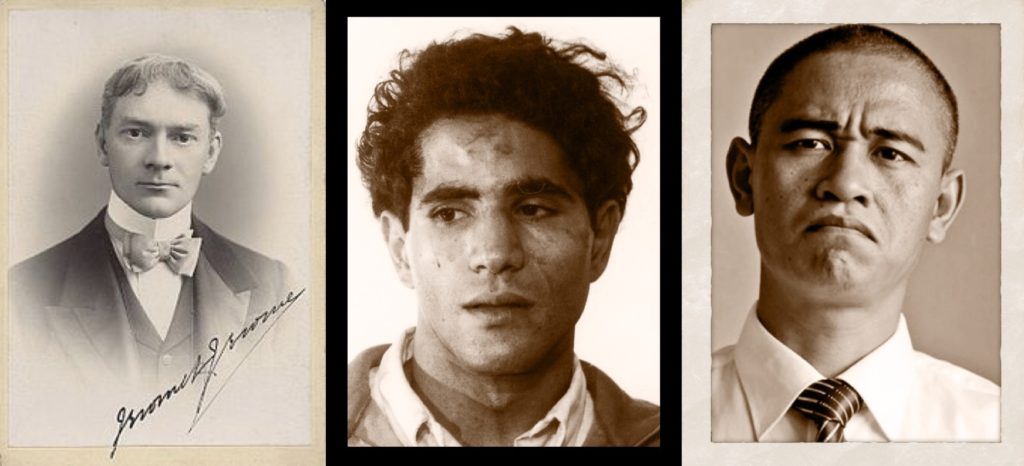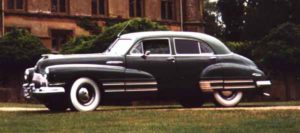We’ll give you some background on the film soufflé above in a moment, but first the nub of the matter. The author of the book that gave rise to the movie was Jerome K. Jerome. The not quite a palindrome thing, which he has in common with two other young men who responded to this odd circumstance in their own ways.
More about the other two in half a jiff. We’ll get Three Men and their dog and boat up and out of here, so we can focus on more interesting cases. According to Wiki…
“Jerome was born in Caldmore, Walsall, England. He was the fourth child of Marguerite Jones and Jerome Clapp (who later renamed himself Jerome Clapp Jerome), an ironmonger and lay preacher who dabbled in architecture… Jerome was registered as Jerome Clapp Jerome, like his father’s amended name… The family fell into poverty owing to bad investments in the local mining industry, and debt collectors visited often, an experience that Jerome described vividly in his autobiography My Life and Times.
“The young Jerome… wished to go into politics or be a man of letters, but the death of his father when Jerome was 13 and of his mother when he was 15 forced him to quit his studies and find work to support himself. He was employed at the London and North Western Railway, initially collecting coal that fell along the railway, and he remained there for four years…
“On 21 June 1888, Jerome married Georgina Elizabeth Henrietta Stanley Marris (“Ettie”), nine days after she divorced her first husband. She had a daughter from her previous, five-year marriage… The honeymoon took place on the Thames “in a little boat,” a fact that was to have a significant influence on his next and most important work, Three Men in a Boat.”
“Jerome sat down to write Three Men in a Boat as soon as the couple returned from their honeymoon. In the novel, his wife was replaced by [teo] longtime friends. This allowed him to create comic (and non-sentimental) situations which were nonetheless intertwined with the history of the Thames region. The book, published in 1889, became an instant success and has never been out of print.”
Why so much about an old dead Brit? Just that Jerome, if we may call him by his first name, did not enjoy the kind of privileged upbringing one might expect from his masterpiece of gentle humor. He was, in fact, born of the mines, from which he escaped along as he did his father’s domineering hands.
Our next What What youth is far and away the most famous of the three. He assassinated Senator Robert Kennedy in 1968. His youth was harsh indeed, thanks to an abusive father. Wiki tells us…
“Sirhan was born into an Arab Palestinian Christian family[6][7] in Jerusalem, Mandatory Palestine. As a child growing up in the West Bank, Sirhan was traumatized by the violence he witnessed in the Arab–Israeli conflict, including the death of his older brother, who was run over by a military vehicle that was swerving to escape hostile gunfire.[8]
“When Sirhan was 12 years old, his family emigrated to the US, moving briefly to New York and then to California… Sirhan’s father, Bishara, has been characterized as a stern man who often beat his sons harshly. Shortly after the family’s move to California, Bishara returned alone to the Middle East. Standing 5 feet 5 inche, Sirhan moved to Corona to train to be a jockey while working at a stable, but lost his job and abandoned the pursuit after suffering a head injury in a racing accident.
“Sirhan never became an American citizen, retaining instead his Jordanian citizenship. As an adult, he changed church denominations several times, joining Baptist and Seventh-day Adventist churches. Then in 1966, he joined the occult organization Ancient Mystical Order of the Rose Cross, commonly known as the Rosicrucians…
“…on June 5, 1968, Sirhan fired a .22 caliber… revolver at Senator Robert Kennedy and the crowd surrounding him in the Ambassador Hotel in Los Angeles shortly after Kennedy had finished addressing supporters in the hotel’s main ballroom. Authors George Plimpton and Pete Hamill, football Hall of Famer Rosey Grier, and 1960 Olympic gold medalist Rafer Johnson were among several men who subdued and disarmed Sirhan after a struggle.
“Kennedy was shot three times—once in the head and twice in the back—with a fourth bullet passing through his jacket. He died almost 26 hours later. Five other people at the party were also shot, but all five recovered…”
Sirhan was tried and convicted of murder in 1969 and has been in prison ever since.
Our third young man seems disposed to follow more closely the path of Jerome Jerome. They have at least the ‘J’s in common. Jamal also has long had his heart set on being a writer. The extent to which his own father has been a support or a hindrance must arise from the pages of his intensely autobiographical work.

A landmark work, written in direct competition with Dreams of My Father by the author’s wife, Bernadine Dohrn. Oops. Forget that.
Me Slave
Chapter 1
I was always too proud, Mama said. It was probably a veracious assertion, but what else can you do in a hood where you’re owned by the Man. Before they sold off my father, he said to me, “Kareem—“ (He named me Kareem Abdul, but Abdul wasn’t our last name. We didn’t have last names then, back in the days before there was even a Martinlutherking, if we had even known there would be such a mentor, which we didn’t, because we weren’t allowed to go to school or take correspondence courses in Black Studies, or anything. It was for shit in 1856. But to resume our tale…) “Kareem,” quoth my father, “you’ve got to be proud. Don’t let any man dis your name, your female companion, or your wheels. That is the name of that melody.”
Ah, how young I was, how less than fully mature, mayhap even callow. For it seemed to me ironic indeed that my beloved pater would specify his wheels as a particular object of pride. I myself found them humiliating, an unending catalyst for blushes and lamentably thin excuses. What Afrian-Amerian lad past puberty could tolerate being observed in the rumble seat of an 1842 Buick? Worse, the tape player was an eight-track, and the only cartridge my father possessed was an anthology of Henry Mancini, in whose lush overuse of the violins I was certain I could hear the dark white heart of oppression.
It would not be until years—nay, decades—later that I would recall the ephemeral bliss of sharing with my father, in that ludicrous wreck of a vehicle, the liberating AM voice of our only real heroes, the stars of the suppressed and poverty-stricken Negro Leagues. Such is the miracle of radio, though. For us it was impossible to hear the worn seams of Satchel Paige’s glove, the holes in Josh Gibson’s Nike’s. It sounded altogether as wonderful and rich—yes, rich—as the broadcasts of the fabled New York Dodgers, who in those days were white as a bleached bone, with nary a thought of choosing Jackie Robinson in the college draft, or Reggie Jackson, or Hank “The Hammer” Aaron—whose names we, of course, had never heard in the cotton fields of Virginia, and wouldn’t in our lifetimes.
Thus was the wretchedness of an existence without more than a handful of positive role models. It made one feel as if there was no chance to attain stardom, to find the so-called good life out in the western paradise of Californica, where only white people were allowed to find gold and buy property in Beverly Hills. I had dreams, but they had to be kept small to avoid disappointment, or so I used to suppose.
Suppose, suppose. I have done a lot of that over the years. Suppose my Uncle Darrell hadn’t contracted AIDS, or cholera as we called it then. He was the only family my Mama had, and how she cried when he confessed that he had shared the rusty nail he used for a hypodermic with Michael, the young ne’er-do-well who lived in the next hut. “But he’s gay,” she wailed, her whole real-sized frame shaking with sobs. “You’ll catch the cholera from that N-word person!”
Yes, she was colorful in her language, at times outrageous. If I flinched at her use of the N-word, however, it couldn’t have been much more than a precocious foreboding of days I would never live to see. For in our piteous little hood, the N-word was ubiquitous, if not peripatetic. It was “N-word” this and “N-word” that, so that an outsider might have been pardoned for believing that we Afrian-Amerians had no given names, only this one all-encompassing descriptor to which we answered like so many dogs.
And so, it seems, we have completed a circle, returning once again to the matter of pride. My pride. Which was continually offended by everyone and everything. Until the day I determined upon an answer of sorts. An answer that seemed to me perfect, complete, and incontestably inevitable. Escape.
Arma virumque cano Troiae qui primus ab oris Laviniamque venit. Multa ille terris iactatis et alto. Dux femina facta. Forsan et haec olim meminisse iuvabit…
Time will tell us the rest of the tale, no doubt.


